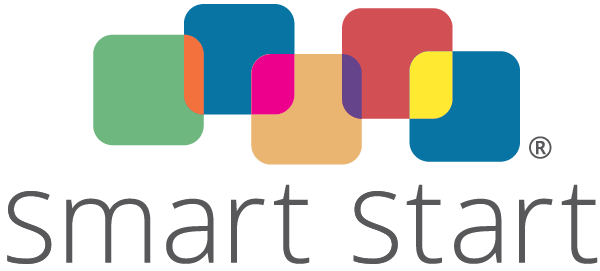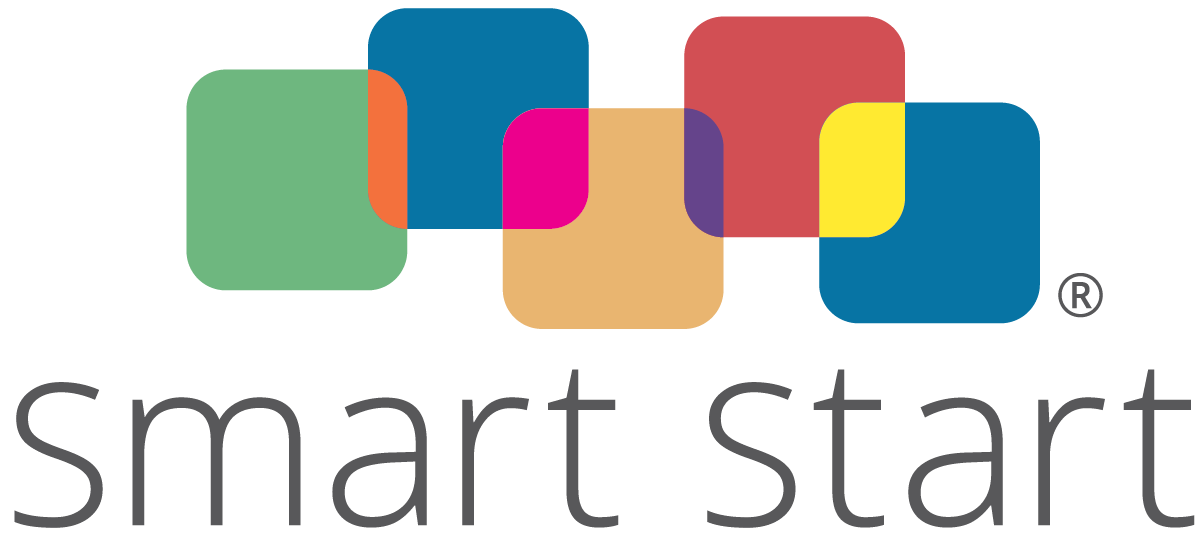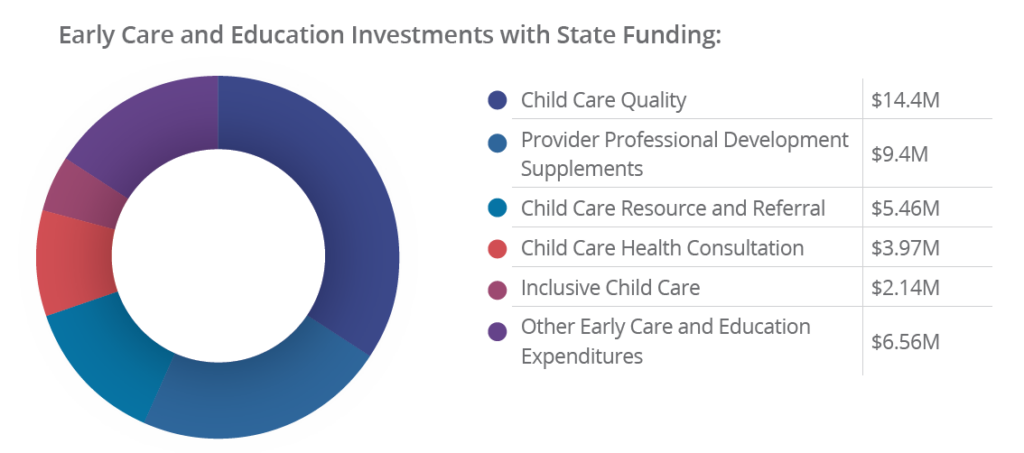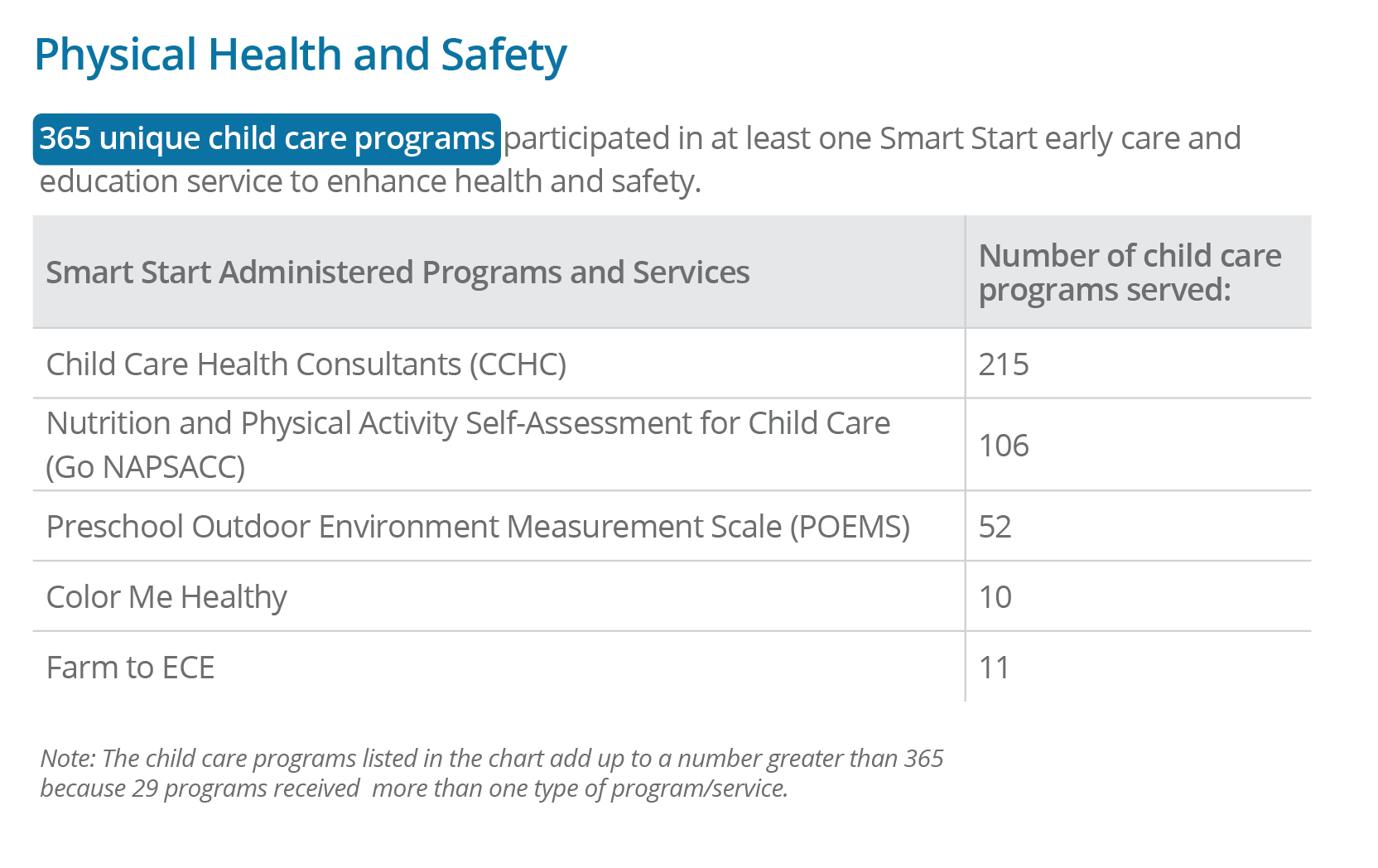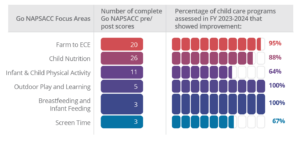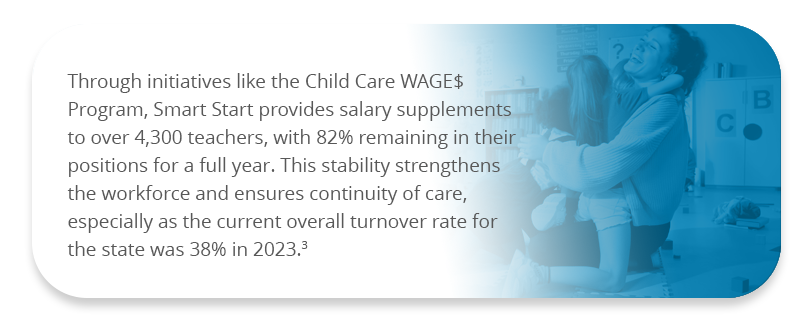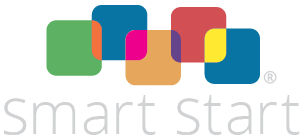FY 2023-2024 Highlights: Increasing Access, Affordability, and Quality of Early Care and Education in North Carolina
Early care and education form the cornerstone of a child’s lifelong success, shaping their learning, health, and well-being. Yet, the increasing challenges in finding affordable, high-quality child care are impacting families across North Carolina. Smart Start is committed to addressing these issues through innovative solutions, collaboration, and investment in infrastructure.
The Growing Challenges in Early Childhood Education
Since the pandemic, nearly 5% of licensed child care programs in North Carolina have closed. 1 These closures are primarily driven by staffing shortages due to persistently low wages. Early childhood educators earn less than 97% of all other occupations in the United States, making recruitment and retention incredibly difficult.2
Federal Child Care Stabilization Grants provided crucial, albeit temporary, relief to the sector, supporting teacher compensation and keeping programs open. As these funds phase out, the urgency for sustainable, long-term solutions grows.
Smart Start’s Role in Enhancing Child Care Quality
Smart Start’s infrastructure is vital to strengthening early care and education across North Carolina. In FY 2023-2024, 23.7% of child care programs in the state improved their quality of care through increased teacher training and enhanced interactions with children.
Technical Assistance
Smart Start’s technical assistance (TA) initiatives directly support child care program quality, professional development, and children’s health and safety. For example:
- The Alexander County Partnership for Children provided essential support to a new teacher who started during the pandemic and lacked prior training around the environmental ratings scales. Key areas for improvement were identified, such as routines, sanitation, learning center organization, and family engagement. After support children became more engaged and demonstrated improvements in health and wellness.
- Through the Coaching for Technical Assistants project, 140 technical assistants formed a community of practice, sharing resources and professional development opportunities to elevate care quality statewide.
Promoting Health and Safety in Child Care Programs
Child Care Health Consultants (CCHCs), supported by Smart Start, are critical in ensuring safe and healthy environments for children. Recent examples include:
- Guilford County: A Guilford County Partnership for Children CCHC provided training to child care staff on managing a child’s type II diabetes, ensuring the facility could provide safe, continuous care.
- Stanly County: A Stanly County Partnership for Children CCHC addressed a skin infection outbreak by providing training to enhancing cleaning protocols, protecting both children and staff.
- Union County: CCHCs at Alliance for Children collaborated with the health department to administer 120 Tdap vaccines to early childhood professionals, safeguarding against pertussis.
Supporting Families Through Subsidies and Scholarships
In FY 2023-2024, Smart Start managed over $65.3 million in local subsidy funds, helping families afford child care and remain in the workforce. Community examples of subsidy and scholarships include:
- Rowan County: A Star License Enhancement initiative provided incentives to teachers in high-quality facilities, improving care delivery.
- Chatham County: A father of three daughters received critical subsidy support, allowing him to maintain employment while ensuring his children had stable, quality care.
Stabilizing the Workforce with Teacher Compensation
Community Highlights:
- Brunswick County: Start of Brunswick County supported a teacher with an Education Bonus as she pursued further education while balancing work and family responsibilities.
- Cabarrus County: Cabarrus Partnership for Children helped a student complete her early childhood education degree, supporting her journey toward a career in child care.
Local Partnerships Driving Change
Smart Start’s Local Partnerships foster innovative solutions tailored to community needs. Examples include:
- Forsyth County: A Pre-K Model Cohort Pilot supported educators and families while improving student outcomes in language, literacy, and math—with 90% of students improving! In its first year, it reached 347 students in 28 classrooms, awarded $418,000 in bonuses to 44 providers.
- Wake County: The ThreeSchool initiative expanded access to 3-year-olds from low-income families, providing them with foundational learning opportunities.
- Buncombe County: A partnership with The Biltmore Company created 61 new infant and toddler care slots, addressing a critical shortage.
Smart Start continues to champion access, affordability, and quality in early care and education, ensuring that every child in North Carolina has the opportunity to thrive. Continue reading about early care and education in our annual report.
